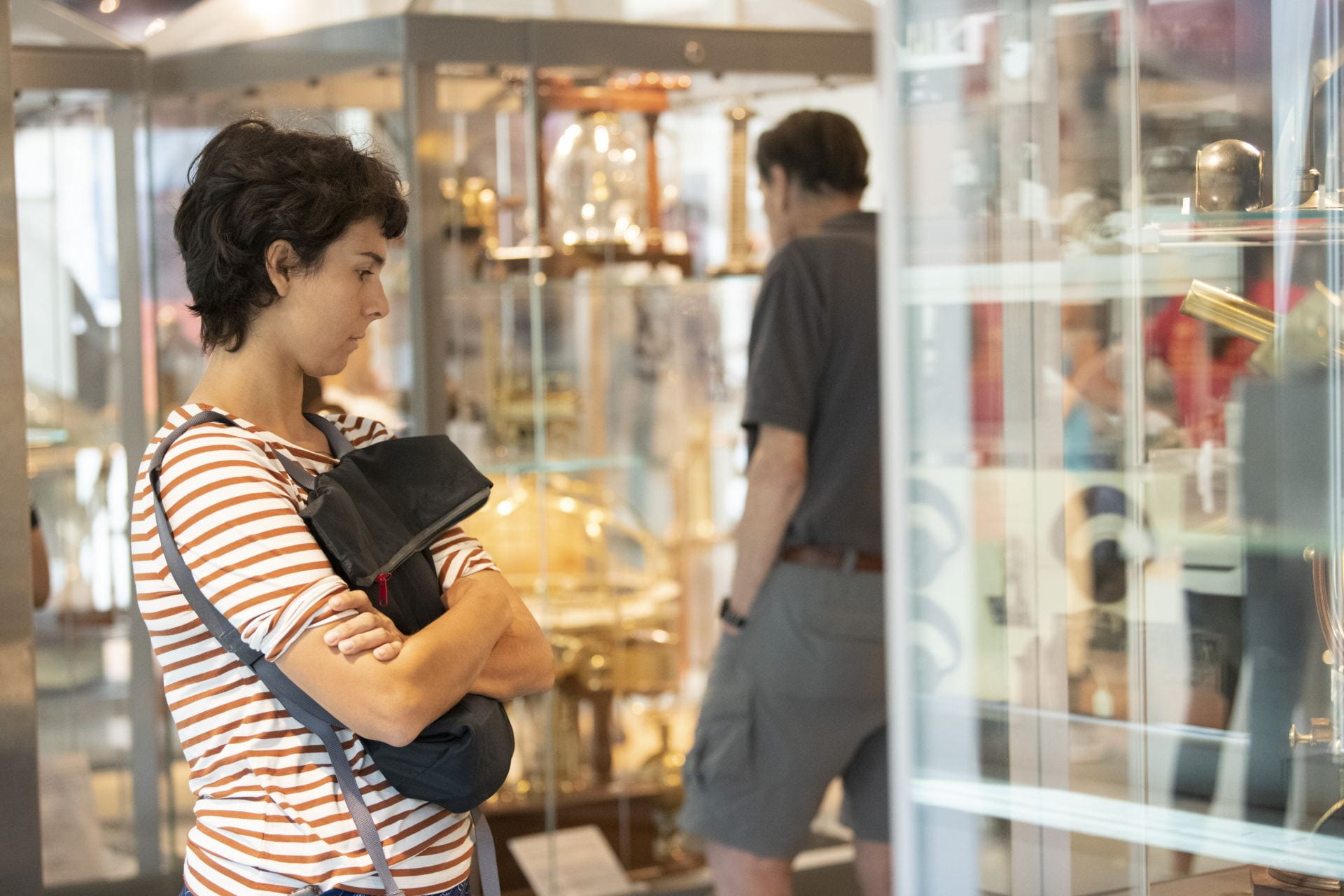Location: CGIS South, Belfer (S-020), 1730 Cambridge Street, Cambridge MA 02138
Speakers: Naine Terena, Artist, Art-educator, and Researcher, Pinacoteca de São Paulo; Gustavo Caboco, Artist; Jamille Pinheiro Dias, Lecturer in Environmental Humanities, University of London
Moderated by: Emil´ Keme, 2022-2023 Radcliffe Fellow; Professor, Emory University
Discussant: Américo Mendoza-Mori, Lecturer in Latinx Studies
Voro’pi is an educational initiative that approaches the arts as a way to galvanize counter-histories, fight structural inequality, and learn about protagonists from different contexts.This event will be held in Portuguese with simultaneous English interpretation.
About the Speakers
Naine Terena is a researcher, educator, artist, and curator. With Pinacoteca de São Paulo, she worked on the project Decay Without Mourning – Future Thinking Heritage Practices, funded by the Riksbankens Jubileumsfond. She was also curator of the exhibition Véxoa: nós sabemos, the first exhibition curated by an Indigenous person at Pinacoteca. She was a professor of Cultural Management at the Itaú Cultural Institute in São Paulo, in addition to collaborating with the Intercultural Indigenous Master’s Degree as a professor at the Mato Grosso State University. She holds a PhD in Education from the Pontifical Catholic University of São Paulo (PUC-SP), a Master of Arts from the University of Brasília (UnB) and a degree in Radio Broadcasting from the Federal University of Mato Grosso (UFMT). In 2012, she started her own cultural production business in Brazil, Oráculo Comunicação, Educação e Cultura. Through Oráculo, she developed the Ethnomedia Indigenous Festival; training courses such as the Audiovisual Laboratory of Dissident Memories at the Vila das Artes Public Audiovisual School; the Identidade Brasilis Project, coordinated by the National Administration of Brazil’s Social Service of Commerce (Sesc); and provided consultancy for the Paranaense Museum in Curitiba. In 2019, she participated in the Verbier Art Summit in Valais, Switzerland, and was one of the five finalists of the Jane Lombard Prize for Art and Social Justice, awarded by the Vera List Center for Art and Politics, in New York. In 2022, she joined the 59th Venice Biennale as one of the guests of aabaakwad, an annual Indigenous-led conversation on Indigenous arts. In that same year, she was awarded the title of Master of Culture by the state of Mato Grosso. Click here for more information.
Gustavo Caboco is an Indigenous artist from the Wapichana people in Brazil. He is the son of Lucilene, a Wapichana woman who was separated from her people in the Canauanim community, in Cantá, in the state of Roraima, in the Brazilian Amazon, near the border with Guyana. He was born and raised in Curitiba, in southern Brazil, where his mother settled after successive adoptions. His investigation centers around what he refers to as a “return to the land” and translates into drawings, paintings, embroidery, animation, video, and performance. “Returning to the land”, though, does not mean simply going back to Roraima; it means connecting dots that are seemingly invisible. In his works, bodies are twisted, split, and turned into different parts, while also standing upside down, rooted on earth. Caboco critically engages with archives and museum collections that portray Indigenous peoples, exposing exotifying stereotypes and racist approaches in visual narratives. He participated in the 34th Bienal de São Paulo with a variety of works, and was a PIPA Prize 2022 nominee. Also in 2022, he joined the Indigenous-led arts gathering aabaakwad at the 59th Venice Biennale. For more information, click here.
Jamille Pinheiro Dias was born in Belém, in the Brazilian Amazon, in 1983. She is currently a von der Heyden Fellow at Duke University’s Amazon Lab, and a lecturer in Environmental Humanities at the University of London. She was previously a research associate at the University of Manchester, where she worked on the Cultures of Anti-Racism in Latin America project, and a visiting researcher in Iberian and Latin American Cultures at Stanford University. Her interests involve Amazonian cultural production, Indigenous praxis and conceptual frameworks, environmental issues, translation and activism in Latin America, with a focus on Brazil. Besides research and teaching, she has translated works by Ailton Krenak, Judith Butler, bell hooks, and Luiz Inácio Lula da Silva, among others. For more information, click here.
Emil’ Keme, a.k.a. Emilio del Valle Escalante, is an Indigenous K’iche’ Maya scholar and activist and a professor in the Department of English at Emory University. He is a member of the Maya anti-colonial, binational collective Ix’balamquej Junajpu Wunaq’. While at Radcliffe, Keme is working on a monograph, tentatively titled “Abiayala, a Trans-hemispheric Indigenous Manifesto,” in which he examines Indigenous struggles for self-determination in various parts of Abiayala (the Indigenous ancestral name of the Americas). Through comparative analyses, his work aims to highlight the potentialities of building trans-hemispheric Indigenous alliances by critically exploring the field of Indigenous studies, settler colonial borders, Indigenous forced migration, Indigenous approaches to environmental justice, and Indigenous women and LGBTQ2s+ rights.
Américo Mendoza–Mori is an interdisciplinary scholar trained in literary, linguistic and cultural studies. His research focuses on Latin American, U.S. Latinx, and Indigenous issues. Mendoza-Mori’s work has appeared in a variety of academic journals, has been presented at the United Nations, and has been featured in The New York Times, a TEDx talk, NPR, Remezcla. He received his BA from Universidad Nacional Mayor de San Marcos, in Lima (Peru), and has a PhD from the University of Miami, Florida. Before joining Harvard, Dr. Mendoza-Mori took on innovative leadership roles: founder and coordinator of the University of Pennsylvania’s Quechua program, co-founder of The Quechua Alliance, and co-founder of the Thinking Andean Studies international conference. He has been a cultural consultant for theater and film, including Paramount Pictures’ movie Dora and the Lost City of Gold in 2019. Additionally, he has been involved in educational and community-based initiatives in Peru, Ecuador, Bolivia and the United States.
Presented in collaboration with the David Rockefeller Center for Latin American Studies and Harvard University Native America Program.

